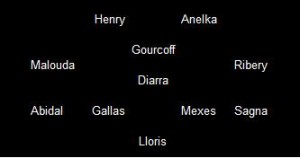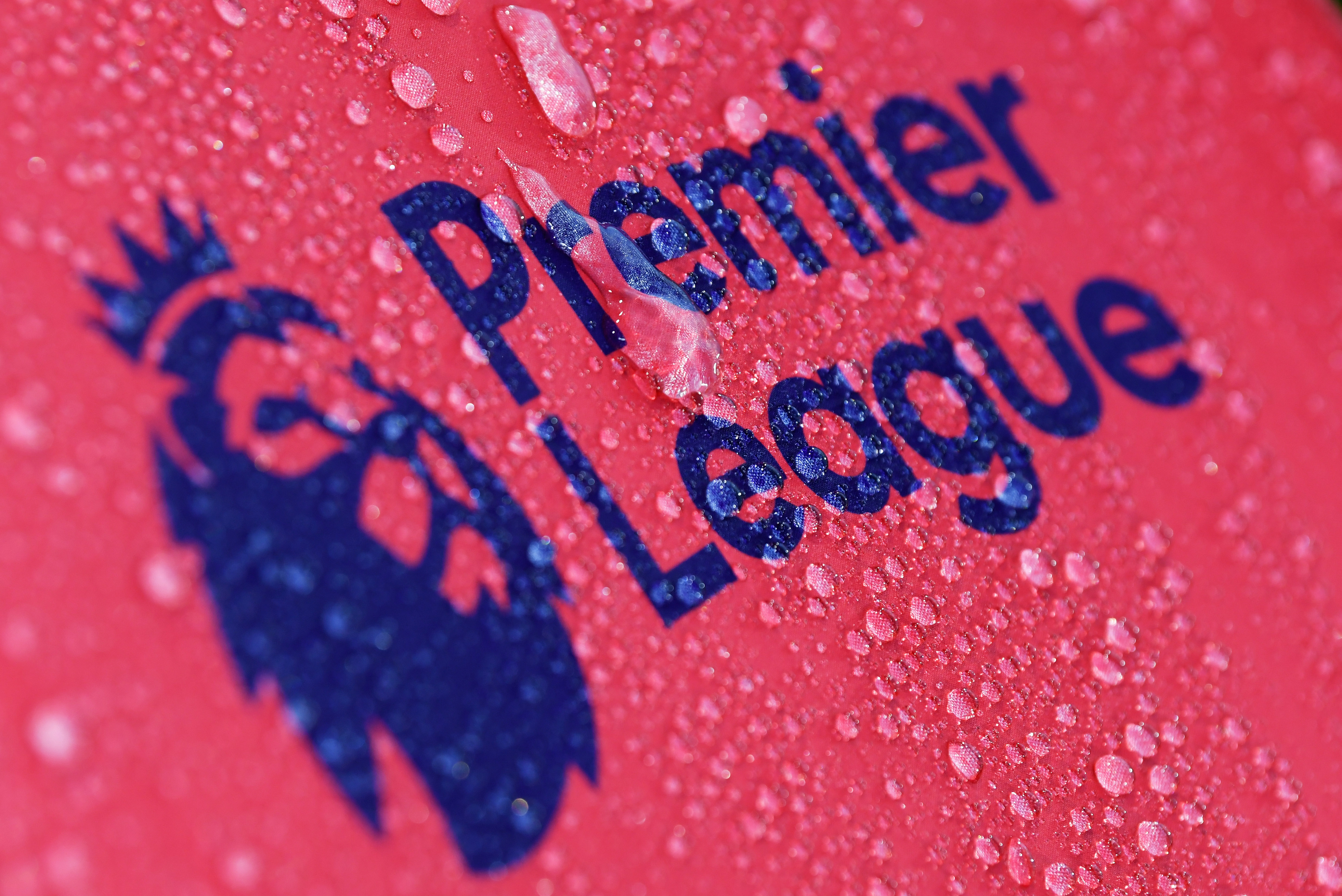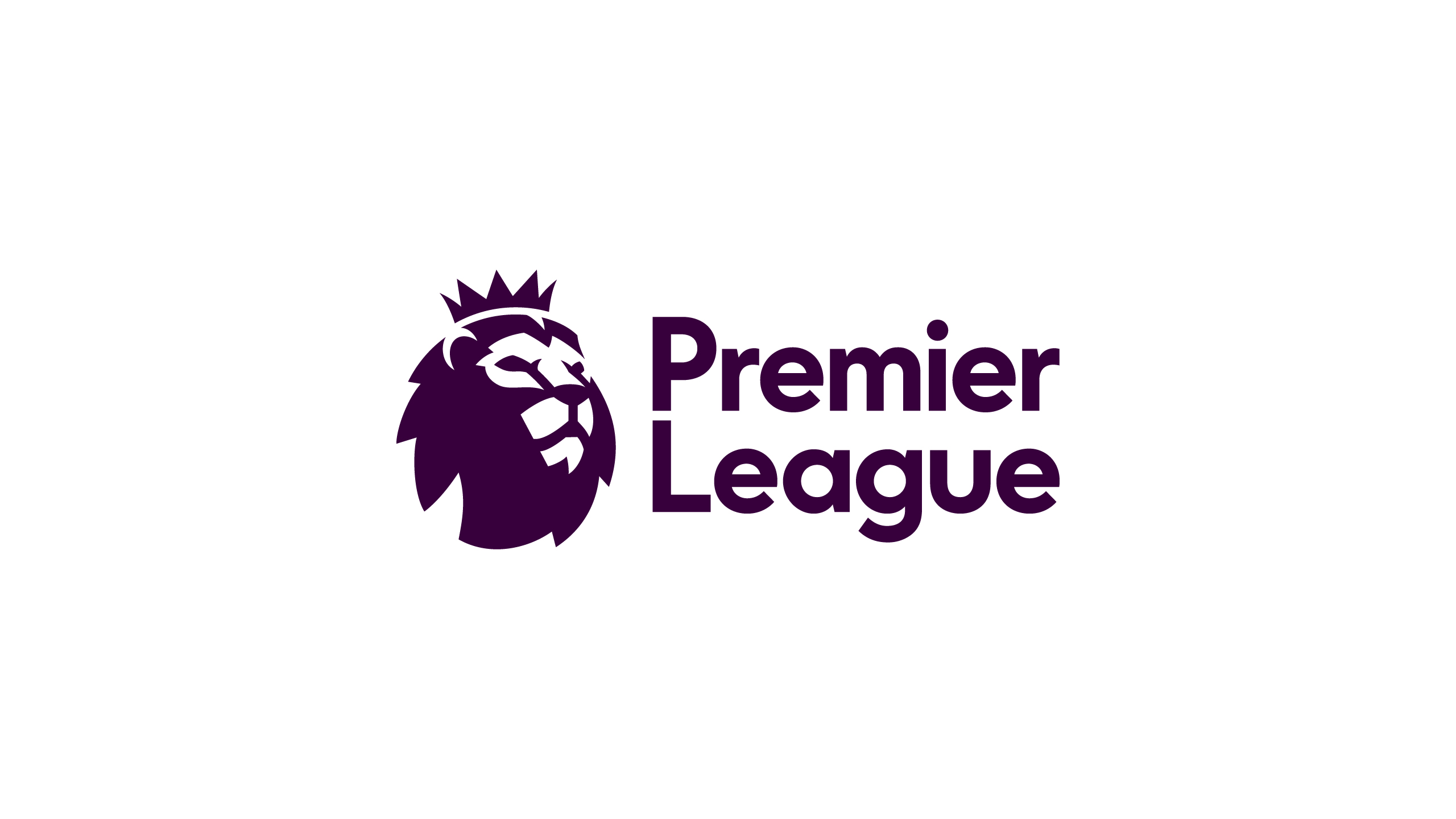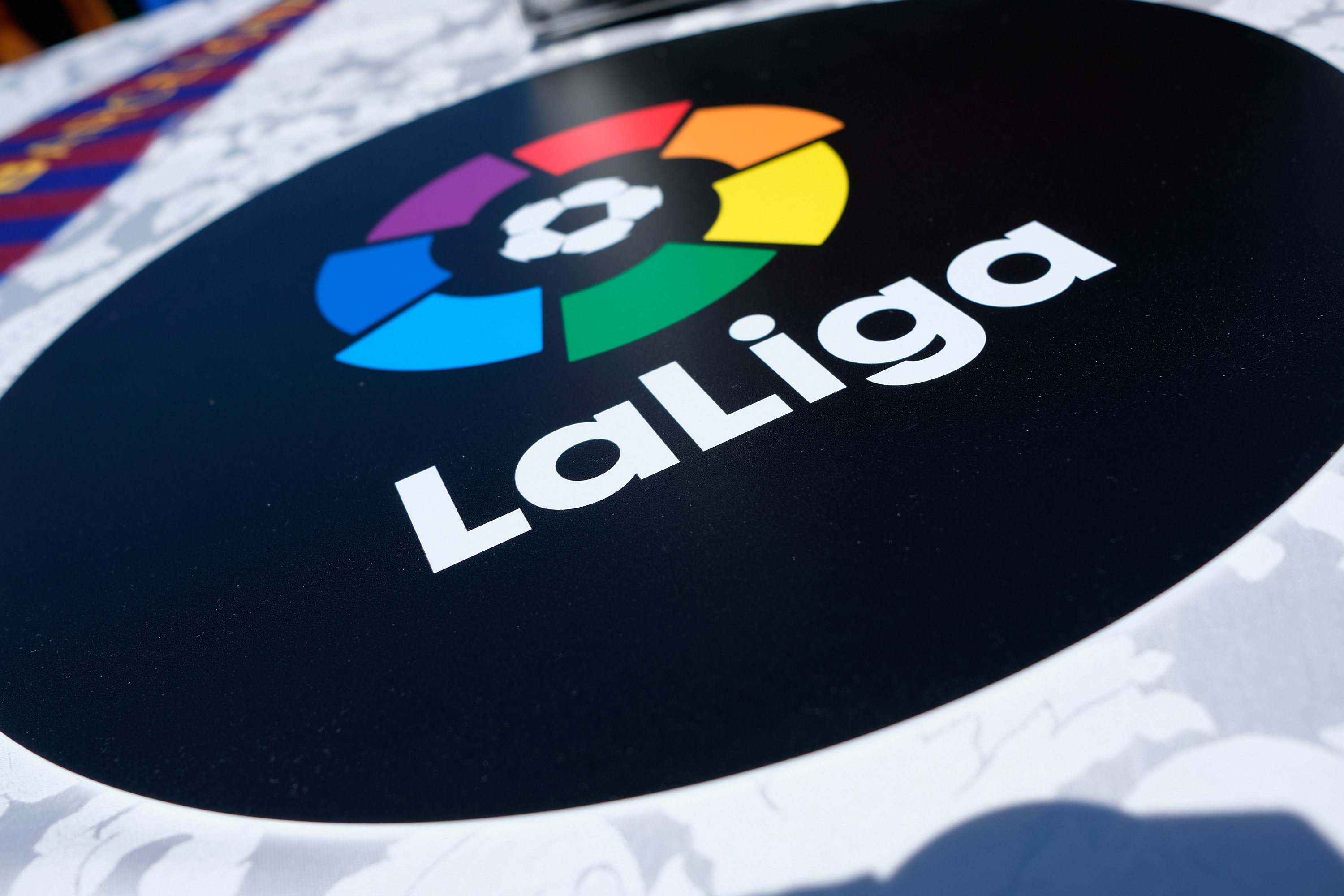France will start this year’s FIFA World Cup tournament as villains, thanks to a widely-criticised act of treachery against the Irish – Thierry Henry handled the ball twice before virtually placing it at the feet of teammate William Gallas, who promptly scored to send France through and the Irish crashing out.
For a team that’s managed to grab headlines for all the wrong reasons on the road to World Cup qualification, they just might have to suffer the ignominy of a tame exit from the tournament.
As is the case with any team that has seen a golden generation of stars hang up their boots, France is in a period of transition. The past was glorious, the future seems bright enough but the present is yet to make a statement. Transitions need not be times of turmoil, if the man at the helm of the team is competent enough.
But as any analyst of the game, armchair or otherwise, will tell you, coach Raymond Domenech is just ordinary. He’s been widely criticized in the French media and will serve, in an unofficial capacity, as France’s official whipping boy should this latest World Cup exercise end in disaster.
Domenech’s astounding run of success in the 2006 FIFA World Cup was almost solely due to the recall of several members of France’s golden generation – Lillian Thuram, Claude Makalele and Zinedine Zidane. And even then, a sloppy start and questionable tactics saw France stumble through the group stages before the magic finally kicked in.
Domenech’s done his public image no favours with some very puzzling decisions in the past – his reliance on astrology to keep Pires out, his mysterious refusal to grant AS Roma’s Philippe Mexes entry into the national team until very recently and his incessant tinkering with every player’s position on the field.
GOALKEEPER
Even for the role of who stands in between the goal posts, usually the most stable position in a team, Domenech has had to change his mind. The decision to replace Steve Mandanda with Hugo Lloris, the reigning Ligue 1 Goalkeeper of the Year, came after the latter’s baptism in the media as France’s latest hero.
The unspoken truth is that France would’ve certainly preferred a goalkeeper with a lot more years behind him; but their best and only viable option lies in having the talented 24 year old take up the national team’s most crucial spot.
DEFENSE
Left Back
Domenech’s certainly spoiled for choices as far as the Left Back position is concerned.
Patrice Evra as Manchester United’s first choice for left-back could reproduce his club form for the nation, if he got more frequent starts in the national side. Eric Abidal, despite his penchant for getting red-carded, remains Domenech’s favorite for the role.
Aly Cissokho and Gael Clichy are the other options, although their relative inexperience should be enough to keep them on the sidelines for the entire tournament.
Right Back
Bacary Sagna at the Right Back position, will be a shoo-in considering there really isn’t anyone else. His presence and performance, will be crucial to the team as the only available replacement for him is the untested Rod Fanni. As a precaution, Domenech would do well to take Fanni along for the trip to South Africa, should a worst case scenario materialize.
Centre Backs
Both Julien Escude and Boumsong have been making a strong case for themselves to partner William Gallas in central defense. If Domenech would have to choose between the two thirty-year olds, one would suppose Escude would get the nod, as he plays in the more competitive Spanish Primer Liga.
In Sebastien Squillaci, the French have yet another option though the most deserving of all candidates would be Philip Mexes who plies his trade with AS Roma. Silvestre’s chances of making it to the starting XI either as a left-back or centre-back appear, at this moment, dim. His age and his terrible run at the Euro 2004 have probably damaged his cause beyond redemption.
William Gallas could be a cause of team discord should he choose to give any more interviews, but is probably the only player in France’s back-line who can walk right in and demand a place in the starting XI.
MIDFIELD
In an ironic twist of fate, the midfield is France’s chief area of concern today.
France once boasted of a midfield triumvirate comprising Jean Tigana, Alan Giresse and Michel Platini, or a magic square (if you count Luis Fernandez, too); and then there was the feared midfield of the all-conquering French side of 1998, comprising the maestro Zinedine Zidane, Didier Deschamps and Patrick Vieira. A later addition to that great French tradition of midfielders, would be Claude Makalele.
The present midfield, however, is hardly in the same league.
Patrick Vieira has at best a fifty-fifty chance at making it to the starting XI, unless his performance for the remainder of Manchester City’s season can resurrect his career. By all accounts, Vieira is past his best, and while his mere presence on the field would get him the captain’s armband, Domenech has erred by already offering him the captaincy in principle and setting even higher expectations on him. To most observers, the confusion surrounding Vieira’s future is an example of Domenech’s unwillingness to let go off the past and his crutch-like reliance on the team that won the FIFA World Cup 1998 and the Euro 2000 tournaments.
Among the younger talents at Domenech’s disposal, Lassana Diarra could prove to be revelation in the defensive midfielder role for France, considering he’s been fantastic for Real Madrid in the position Makalele made his own. But Domenech’s insistence on playing Jeremy Toulalan in that role, is puzzling – his talent and apparent similarity to Vieira notwithstanding, he has never been tested in one of the big leagues.
Domenech has even tried fashioning the both of them into traditional midfielders – Diara on the right and Toulalan on the left. With this arrangement, France runs the risk of employing two similar players with clashing responsibilities. A more sensible alternative would be to use only one of them, in the defensive midfield role that each of them is best suited for.
Florent Malouda would be a fantastic starting XI choice for the left wing in midfield. Malouda’s been playing like a man possessed ever since Guus Hiddink landed at Chelsea last season. His energy going forward and his defensive ability to double up as left-back make him an asset to any team.
Employing rising star Yoann Gourcoff as the sole attacking midfielder would be perfect, instead of having him play in a retreated striker’s position. Despite the comparisons to Zidane only making it harder for the young lad; France’s progress will depend on how quickly Yoann matures into a talismanic figure.
Speaking of comparisons to Zizou, one player who’s carried that burden for the past few years now is Franck Ribery. Considered the jewel of the French team, Franck would best be employed on the right wing – a position he’s comfortable with, instead of having him operate in central midfield.
It goes without saying Wenger’s boys Samir Nasri and Abou Diaby ought to be on the flight to South Africa, to provide Domenech with extra options on a bad day.
FORWARDS
France’s comparative lack of riches in the midfield, as compared to its own past and its current rivals, means that it will have to employ a more attacking formation than the lone striker setup.
Using a twin striker option, would enable Domenech to draw on Thierry Henry‘s extensive experience with the raw pace of some of France’s younger talents. Alternatively, he could opt to field his two most experienced strikers, Nicolas Anelka and Henry, substituting them with the fresher legs of Karim Benzema and the intensity of Govou and Djibril Cisse when needed.
Rotating France’s aging strikers will be key to how long Les Bleus survive in South Africa.
OVERALL FORMATION
Looking at France’s varied strengths and obvious weaknesses, the formation best suited for them would be a modified 4-4-2; influenced perhaps by Ancelotti’s preferred diamond formation at Milan. With Gourcoff as attacking mid-fielder and Diarra (or Toulalan) as the defensive mid-fielder, Malouda and Ribery would have the requisite freedom to operate on the wings.
Giving France’s established names a chance to fulfill their primary roles in the team, could make all the difference this summer. May the Gallic rooster crow yet again. Allez Les Bleus!
Rudiments of https://writemypaper4me.org a critical book review our critical book review example comes with three main parts namely the introduction, the body of the work and the conclusion







